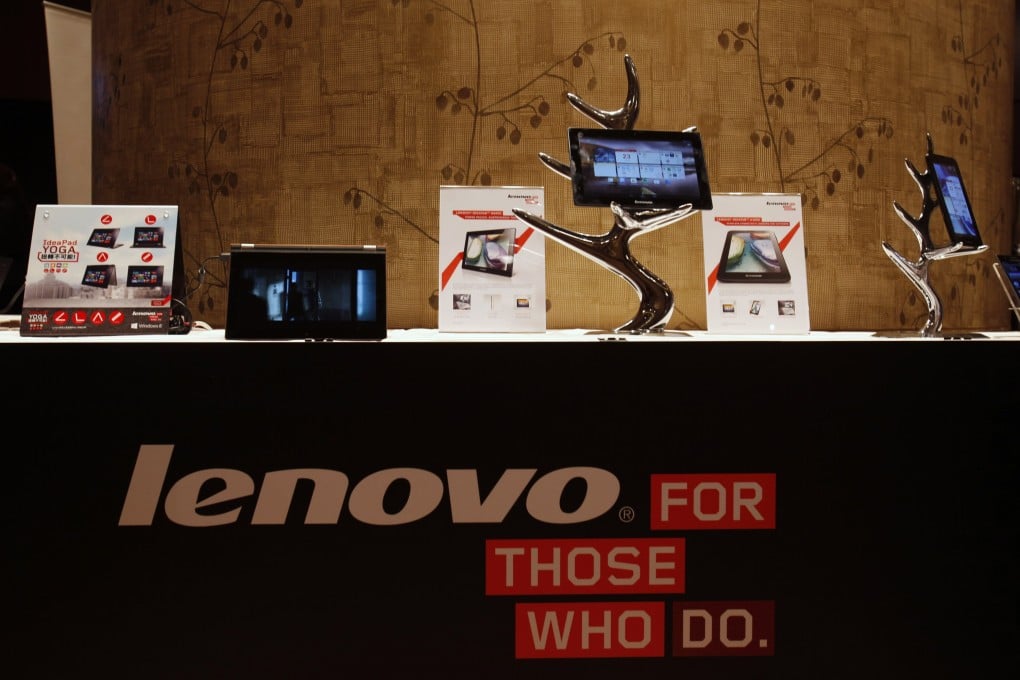Corporate China | Lenovo adds Wandoujia app store to smartphone arsenal
Lenovo's Fancy Maker online initiative looks like a shrewd move to complement its smartphone business, and should get a sharp boost with its new purchase of the Wandoujia app store.

Update: It seems I was right in pointing out the sourcing on this report as being flimsy, as Wandoujiang has come out and directly denied it is being acquired by Lenovo, saying it is committed to its path of independent growth. The updated story contains the company's denial.
Such a move looks necessary and overdue for a company like Lenovo, which has big plans for its cellphone business as growth slows for its older, core PC unit. Whether the move will succeed is another question, though the timing does seem good and the choice of the well-respected Wandoujia also seems like a smart one if the report is true.
The smartphone market is quickly evolving into two camps, with pure hardware makers on one side and a newer generation of hybrid companies providing both handsets and support services on the other. Apple pioneered the latter business model with the launch of its famous App Store alongside its popular iPhones in 2007. Chinese smartphone sensation Xiaomi has attempted to copy that model, and so has US Internet titan Google (Nasdaq: GOOG), which sells its own smartphones under the Nexus brand.
The cost of running app stores and providing other online support services is a far higher margin business, in part because costs are much lower. Such services also help to attract less tech-savvy customers, who like being able to easily download apps and other services from interfaces built directly into their smartphones.

